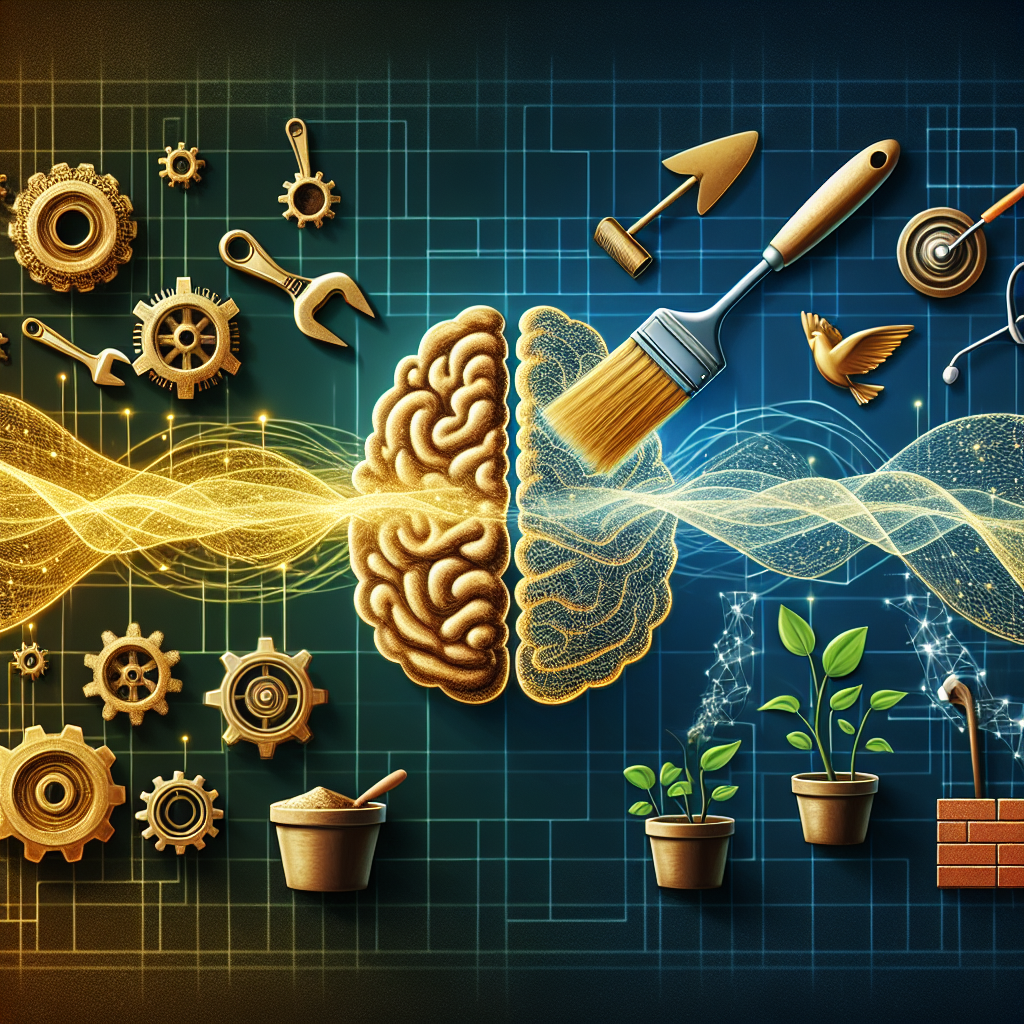The Promise of AGI: How Artificial General Intelligence is Transforming Industries
Artificial General Intelligence (AGI) is a rapidly evolving field that holds immense promise for transforming industries across the globe. AGI refers to the development of machines that possess the general cognitive abilities of humans, allowing them to perform a wide range of tasks with the same level of flexibility and adaptability as humans. While artificial narrow intelligence (ANI) has been widely used in various industries for specific tasks, AGI has the potential to revolutionize entire industries by enabling machines to think, learn, and reason like humans.
The development of AGI has the potential to revolutionize industries across the globe. From healthcare to transportation, manufacturing to finance, AGI has the potential to transform the way we work, live, and interact with the world around us. In this article, we will explore the promise of AGI and its potential impact on various industries.
Healthcare
One of the most promising applications of AGI in the healthcare industry is in the field of medical diagnosis. AGI-powered systems have the potential to analyze vast amounts of medical data and provide accurate and timely diagnoses of various diseases and conditions. This can help healthcare providers make more informed treatment decisions and improve patient outcomes.
AGI can also be used to develop personalized treatment plans for patients based on their unique genetic makeup and health history. By analyzing a patient’s data and identifying patterns and trends, AGI-powered systems can recommend the most effective treatments and interventions for each individual patient.
Another potential application of AGI in healthcare is in drug discovery and development. AGI-powered systems can analyze vast amounts of data to identify potential new drug candidates and predict their efficacy and safety. This can help pharmaceutical companies accelerate the drug development process and bring new treatments to market more quickly.
Transportation
The transportation industry is another sector that stands to benefit greatly from the development of AGI. AGI-powered systems have the potential to revolutionize the way we travel by making transportation safer, more efficient, and more sustainable.
One potential application of AGI in transportation is in the development of autonomous vehicles. AGI-powered systems can analyze real-time data from sensors and cameras to navigate traffic, detect obstacles, and make split-second decisions to avoid accidents. This can help reduce the number of accidents on the road and improve overall traffic safety.
AGI can also be used to optimize transportation routes and schedules to reduce congestion, minimize fuel consumption, and lower emissions. By analyzing data on traffic patterns, weather conditions, and other factors, AGI-powered systems can recommend the most efficient routes and schedules for vehicles to follow.
Manufacturing
The manufacturing industry is another sector that stands to benefit greatly from the development of AGI. AGI-powered systems have the potential to revolutionize the way we produce goods by making manufacturing processes more efficient, cost-effective, and flexible.
One potential application of AGI in manufacturing is in the development of smart factories. AGI-powered systems can analyze real-time data from sensors and machines to optimize production processes, detect defects, and predict maintenance needs. This can help manufacturers improve the quality of their products, reduce downtime, and increase productivity.
AGI can also be used to develop more flexible and adaptive manufacturing systems that can quickly adjust to changes in demand, supply, and production requirements. By analyzing data on market trends, customer preferences, and other factors, AGI-powered systems can recommend the most effective production strategies for manufacturers to follow.
Finance
The finance industry is another sector that stands to benefit greatly from the development of AGI. AGI-powered systems have the potential to revolutionize the way we manage and invest money by making financial services more personalized, efficient, and accessible.
One potential application of AGI in finance is in the development of personalized financial advice. AGI-powered systems can analyze a customer’s financial data and goals to recommend personalized investment strategies, savings plans, and retirement options. This can help individuals make more informed financial decisions and achieve their long-term financial goals.
AGI can also be used to develop more efficient and accurate risk assessment models for financial institutions. By analyzing vast amounts of data on market trends, economic indicators, and other factors, AGI-powered systems can identify potential risks and opportunities in real-time and recommend the most effective risk mitigation strategies for financial institutions to follow.
FAQs about AGI
Q: What is the difference between AGI and ANI?
A: AGI refers to machines that possess the general cognitive abilities of humans, allowing them to perform a wide range of tasks with the same level of flexibility and adaptability as humans. ANI, on the other hand, refers to machines that are specifically designed to perform a single task or a narrow set of tasks with high accuracy and efficiency.
Q: How close are we to achieving AGI?
A: While significant progress has been made in the field of AI, achieving true AGI remains a challenging and complex task. Researchers and developers are actively working on developing AGI systems, but it is difficult to predict when AGI will be fully realized.
Q: What are the potential risks and challenges associated with AGI?
A: One of the main risks associated with AGI is the potential for machines to surpass human intelligence and autonomy, leading to unintended consequences and ethical dilemmas. Other challenges include ensuring the safety and security of AGI systems, addressing biases and discrimination in AI algorithms, and managing the impact of AGI on the job market.
In conclusion, the promise of AGI is vast and far-reaching, with the potential to transform industries across the globe. From healthcare to transportation, manufacturing to finance, AGI has the potential to revolutionize the way we work, live, and interact with the world around us. While there are still challenges and risks associated with the development of AGI, the potential benefits are immense, making AGI a promising and exciting field to watch in the coming years.

